document.documentElement.className = 'js';
let jqueryParams=[],jQuery=function(r){return jqueryParams=[...jqueryParams,r],jQuery},$=function(r){return jqueryParams=[...jqueryParams,r],$};window.jQuery=jQuery,window.$=jQuery;let customHeadScripts=!1;jQuery.fn=jQuery.prototype={},$.fn=jQuery.prototype={},jQuery.noConflict=function(r){if(window.jQuery)return jQuery=window.jQuery,$=window.jQuery,customHeadScripts=!0,jQuery.noConflict},jQuery.ready=function(r){jqueryParams=[...jqueryParams,r]},$.ready=function(r){jqueryParams=[...jqueryParams,r]},jQuery.load=function(r){jqueryParams=[...jqueryParams,r]},$.load=function(r){jqueryParams=[...jqueryParams,r]},jQuery.fn.ready=function(r){jqueryParams=[...jqueryParams,r]},$.fn.ready=function(r){jqueryParams=[...jqueryParams,r]};
var breeze_prefetch = {"local_url":"https:\/\/thehomoculture.com","ignore_remote_prefetch":"1","ignore_list":["\/wp-admin\/"]};
https://thehomoculture.b-cdn.net/wp-content/plugins/breeze/assets/js/js-front-end/breeze-prefetch-links.min.js
var cnArgs = {"ajaxUrl":"https:\/\/thehomoculture.com\/wp-admin\/admin-ajax.php","nonce":"a3a10fedfb","hideEffect":"fade","position":"bottom","onScroll":false,"onScrollOffset":100,"onClick":false,"cookieName":"cookie_notice_accepted","cookieTime":2592000,"cookieTimeRejected":2592000,"globalCookie":false,"redirection":false,"cache":true,"revokeCookies":false,"revokeCookiesOpt":"automatic"};
https://thehomoculture.b-cdn.net/wp-content/plugins/cookie-notice/js/front.min.js
(function() {
window.__insp = window.__insp || [];
__insp.push(['wid', 881888173]);
var ldinsp = function(){
if(typeof window.__inspld != "undefined") return; window.__inspld = 1; var insp = document.createElement('script'); insp.type = 'text/javascript'; insp.async = true; insp.id = "inspsync"; insp.src = ('https:' == document.location.protocol ? 'https' : 'http') + '://cdn.inspectlet.com/inspectlet.js?wid=881888173&r=' + Math.floor(new Date().getTime()/3600000); var x = document.getElementsByTagName('script')[0]; x.parentNode.insertBefore(insp, x); };
setTimeout(ldinsp, 0);
})();
Recognizing Self-Harm and What You Can Do
Millions of people from around the world suffer from depression, anxiety, and other mental health issues. The rates of self-inflicted harm and pain have been on a steady rise, especially during the COVID-19 global health pandemic and due to the growing anti-LGBTQ sentiment. The LGBTQ+ community has disproportionately rates of mental health implications, which results in higher rates of self-harm. Here’s a look at why people self-harm and the resources to get help.
What is self-harm?
Sometimes referred to as self-injury, self-inflicted violence, non-suicidal self-injury, or self-injurious behaviour, self-harm refers to the spectrum of behaviors of self-inflicted injury. This can be as simple as biting your fingernails or picking at your cuticles, and can be as serious as cutting, burning, punching, or hitting yourself. It could also include the misuse of illicit drugs, alcohol, tobacco, prescription drugs, and toxic chemicals. Other methods range from starvation or over-eating to excessive exercise.
It is important to distinguish the difference between self-harm and suicide. While they are related, about 3 in every 100 people who self-harm over 15 years will kill themselves, most people who self-injure do not want to end their lives. They are harming themselves to deal with emotional pain.
The consequences
Knowing and recognizing signs of self-harm are important. It could point to someone you know inflicting harm onto themselves. The National Health Institute in the United Kingdom have identified these key signs of self-harm:
- excessive alcohol or drug use
- unexplained cuts, bruises or cigarette burns, usually on their wrists, arms, thighs and chest
- keeping themselves fully covered at all times, even in hot weather
- signs of negativity or depression, such as low mood, tearfulness or a lack of motivation or interest in anything
- self-loathing and expressing a wish to punish themselves
- not wanting to go on and wishing to end it all
- becoming withdrawn and not speaking to others
- changes in eating habits or being secretive about eating
- any unusual weight loss or weight gain
- signs of low self-esteem, such as blaming themselves for any problems or thinking they’re not good enough for something
- signs they have been pulling out their hair, and more.
Research shows the LGBTQ community is disproportionately impacted
A report in 2006 found 150,000 people attended emergency departments with self-harm injuries in the United States, and over 170,000 Americans are admitted to the hospital each year due to self-harm.
A 2016 study estimated 42% of all LGBTQ youth have harmed themselves, which increases to 67% for trans youth.
A report by the Lesbian Gay Foundation in 2015 found that 75% of lesbian, gay, and bisexual people have experienced prejudice, discrimination, and harassment because of their sexual orientation.
A Stonewall research study reported that of all secondary school pupils surveyed, 143,000 children have suffered from anti-gay name calling, 64,000 were physically attacked, and 26,000 received death threats.
What you can do
Being aware of the signs of self-harm and injury will help you identify if you or someone you know is being impacted. Reach out if you need help, or if a friend, family member, or colleague is in need. Be supportive and be open to discussion. People who self-harm need access to tools, resources, medication, and professional mental health services.
At a time when mental health issues are on the rise, it is important for the LGBTQ community to be there for each other. Empathy and compassion are needed. Take the time to listen, especially if someone is reaching out for help, or if you see someone in need. Recognize the signs, speak up if you are having a difficult time, and be there for others.
HomoCulture is not a professional medical service. This is not medical advice. Please consult a licensed medical professional if you or someone you know is suffering from mental health or self-harm.
Author
Brian Webb is the founder and editor-in-chief of HomoCulture, a celebrated content creator, and winner of the prestigious Mr. Gay Canada – People’s Choice award.An avid traveler, Brian attends Pride events, festivals, street fairs, and LGBTQ friendly destinations through the HomoCulture Tour. He has developed a passion for discovering and sharing authentic lived experiences, educating about the LGBTQ community, and using both his photography and storytelling to produce inspiring content.Originally from the beautiful Okanagan Valley in the southern interior of British Columbia, Brian now lives in Vancouver, British Columbia. His personal interests include travel, photography, physical fitness, mixology, drag shows.
We use cookies to ensure that we give you the best experience on our website. If you continue to use this site we will assume that you are happy with it.OkNoPrivacy policy ( function ( body ) {
'use strict';
body.className = body.className.replace( /\btribe-no-js\b/, 'tribe-js' );
} )( document.body );
var et_link_options_data = [{"class":"et_pb_blurb_1_tb_body","url":"https:\/\/thehomoculture.com\/category\/travel-guides\/","target":"_self"},{"class":"et_pb_blurb_2_tb_body","url":"https:\/\/thehomoculture.com\/category\/travel-tips\/","target":"_self"},{"class":"et_pb_blurb_4_tb_body","url":"https:\/\/thehomoculture.com\/category\/gay-culture\/celebrate-pride\/","target":"_self"},{"class":"et_pb_blurb_5_tb_body","url":"https:\/\/thehomoculture.com\/friends-of-homoculture\/","target":"_self"}];
var tribe_l10n_datatables = {"aria":{"sort_ascending":": activate to sort column ascending","sort_descending":": activate to sort column descending"},"length_menu":"Show _MENU_ entries","empty_table":"No data available in table","info":"Showing _START_ to _END_ of _TOTAL_ entries","info_empty":"Showing 0 to 0 of 0 entries","info_filtered":"(filtered from _MAX_ total entries)","zero_records":"No matching records found","search":"Search:","all_selected_text":"All items on this page were selected. ","select_all_link":"Select all pages","clear_selection":"Clear Selection.","pagination":{"all":"All","next":"Next","previous":"Previous"},"select":{"rows":{"0":"","_":": Selected %d rows","1":": Selected 1 row"}},"datepicker":{"dayNames":["Sunday","Monday","Tuesday","Wednesday","Thursday","Friday","Saturday"],"dayNamesShort":["Sun","Mon","Tue","Wed","Thu","Fri","Sat"],"dayNamesMin":["S","M","T","W","T","F","S"],"monthNames":["January","February","March","April","May","June","July","August","September","October","November","December"],"monthNamesShort":["January","February","March","April","May","June","July","August","September","October","November","December"],"monthNamesMin":["Jan","Feb","Mar","Apr","May","Jun","Jul","Aug","Sep","Oct","Nov","Dec"],"nextText":"Next","prevText":"Prev","currentText":"Today","closeText":"Done","today":"Today","clear":"Clear"}};
https://thehomoculture.b-cdn.net/wp-includes/js/dist/vendor/wp-polyfill-inert.min.js
https://thehomoculture.b-cdn.net/wp-includes/js/dist/vendor/regenerator-runtime.min.js
https://thehomoculture.b-cdn.net/wp-includes/js/dist/vendor/wp-polyfill.min.js
https://thehomoculture.b-cdn.net/wp-includes/js/dist/vendor/react.min.js
https://thehomoculture.b-cdn.net/wp-includes/js/dist/autop.min.js
https://thehomoculture.b-cdn.net/wp-includes/js/dist/blob.min.js
https://thehomoculture.b-cdn.net/wp-includes/js/dist/block-serialization-default-parser.min.js
https://thehomoculture.b-cdn.net/wp-includes/js/dist/hooks.min.js
https://thehomoculture.b-cdn.net/wp-includes/js/dist/deprecated.min.js
https://thehomoculture.b-cdn.net/wp-includes/js/dist/dom.min.js
https://thehomoculture.b-cdn.net/wp-includes/js/dist/vendor/react-dom.min.js
https://thehomoculture.b-cdn.net/wp-includes/js/dist/escape-html.min.js
https://thehomoculture.b-cdn.net/wp-includes/js/dist/element.min.js
https://thehomoculture.b-cdn.net/wp-includes/js/dist/is-shallow-equal.min.js
https://thehomoculture.b-cdn.net/wp-includes/js/dist/i18n.min.js
wp.i18n.setLocaleData( { 'text direction\u0004ltr': [ 'ltr' ] } );
https://thehomoculture.b-cdn.net/wp-includes/js/dist/keycodes.min.js
https://thehomoculture.b-cdn.net/wp-includes/js/dist/priority-queue.min.js
https://thehomoculture.b-cdn.net/wp-includes/js/dist/compose.min.js
https://thehomoculture.b-cdn.net/wp-includes/js/dist/private-apis.min.js
https://thehomoculture.b-cdn.net/wp-includes/js/dist/redux-routine.min.js
https://thehomoculture.b-cdn.net/wp-includes/js/dist/data.min.js
( function() {
var userId = 0;
var storageKey = "WP_DATA_USER_" + userId;
wp.data
.use( wp.data.plugins.persistence, { storageKey: storageKey } );
} )();
https://thehomoculture.b-cdn.net/wp-includes/js/dist/html-entities.min.js
https://thehomoculture.b-cdn.net/wp-includes/js/dist/dom-ready.min.js
https://thehomoculture.b-cdn.net/wp-includes/js/dist/a11y.min.js
https://thehomoculture.b-cdn.net/wp-includes/js/dist/rich-text.min.js
https://thehomoculture.b-cdn.net/wp-includes/js/dist/shortcode.min.js
https://thehomoculture.b-cdn.net/wp-includes/js/dist/blocks.min.js
https://thehomoculture.b-cdn.net/wp-includes/js/dist/url.min.js
https://thehomoculture.b-cdn.net/wp-includes/js/dist/api-fetch.min.js
wp.apiFetch.use( wp.apiFetch.createRootURLMiddleware( "https://thehomoculture.com/wp-json/" ) );
wp.apiFetch.nonceMiddleware = wp.apiFetch.createNonceMiddleware( "0526fef39a" );
wp.apiFetch.use( wp.apiFetch.nonceMiddleware );
wp.apiFetch.use( wp.apiFetch.mediaUploadMiddleware );
wp.apiFetch.nonceEndpoint = "https://thehomoculture.com/wp-admin/admin-ajax.php?action=rest-nonce";
https://thehomoculture.b-cdn.net/wp-includes/js/dist/vendor/moment.min.js
moment.updateLocale( 'en_US', {"months":["January","February","March","April","May","June","July","August","September","October","November","December"],"monthsShort":["Jan","Feb","Mar","Apr","May","Jun","Jul","Aug","Sep","Oct","Nov","Dec"],"weekdays":["Sunday","Monday","Tuesday","Wednesday","Thursday","Friday","Saturday"],"weekdaysShort":["Sun","Mon","Tue","Wed","Thu","Fri","Sat"],"week":{"dow":0},"longDateFormat":{"LT":"g:i a","LTS":null,"L":null,"LL":"F j, Y","LLL":"F j, Y g:i a","LLLL":null}} );
https://thehomoculture.b-cdn.net/wp-includes/js/dist/date.min.js
wp.date.setSettings( {"l10n":{"locale":"en_US","months":["January","February","March","April","May","June","July","August","September","October","November","December"],"monthsShort":["Jan","Feb","Mar","Apr","May","Jun","Jul","Aug","Sep","Oct","Nov","Dec"],"weekdays":["Sunday","Monday","Tuesday","Wednesday","Thursday","Friday","Saturday"],"weekdaysShort":["Sun","Mon","Tue","Wed","Thu","Fri","Sat"],"meridiem":{"am":"am","pm":"pm","AM":"AM","PM":"PM"},"relative":{"future":"%s from now","past":"%s ago","s":"a second","ss":"%d seconds","m":"a minute","mm":"%d minutes","h":"an hour","hh":"%d hours","d":"a day","dd":"%d days","M":"a month","MM":"%d months","y":"a year","yy":"%d years"},"startOfWeek":0},"formats":{"time":"g:i a","date":"F j, Y","datetime":"F j, Y g:i a","datetimeAbbreviated":"M j, Y g:i a"},"timezone":{"offset":-7,"offsetFormatted":"-7","string":"","abbr":""}} );
https://thehomoculture.b-cdn.net/wp-includes/js/dist/primitives.min.js
https://thehomoculture.b-cdn.net/wp-includes/js/dist/warning.min.js
https://thehomoculture.b-cdn.net/wp-includes/js/dist/components.min.js
https://thehomoculture.b-cdn.net/wp-includes/js/dist/keyboard-shortcuts.min.js
https://thehomoculture.b-cdn.net/wp-includes/js/dist/commands.min.js
https://thehomoculture.b-cdn.net/wp-includes/js/dist/notices.min.js
https://thehomoculture.b-cdn.net/wp-includes/js/dist/preferences-persistence.min.js
https://thehomoculture.b-cdn.net/wp-includes/js/dist/preferences.min.js
( function() {
var serverData = false;
var userId = "0";
var persistenceLayer = wp.preferencesPersistence.__unstableCreatePersistenceLayer( serverData, userId );
var preferencesStore = wp.preferences.store;
wp.data.dispatch( preferencesStore ).setPersistenceLayer( persistenceLayer );
} ) ();
https://thehomoculture.b-cdn.net/wp-includes/js/dist/style-engine.min.js
https://thehomoculture.b-cdn.net/wp-includes/js/dist/token-list.min.js
https://thehomoculture.b-cdn.net/wp-includes/js/dist/wordcount.min.js
https://thehomoculture.b-cdn.net/wp-includes/js/dist/block-editor.min.js
https://thehomoculture.b-cdn.net/wp-includes/js/dist/core-data.min.js
https://thehomoculture.b-cdn.net/wp-includes/js/dist/media-utils.min.js
https://thehomoculture.b-cdn.net/wp-includes/js/dist/patterns.min.js
https://thehomoculture.b-cdn.net/wp-includes/js/dist/server-side-render.min.js
https://thehomoculture.b-cdn.net/wp-includes/js/dist/editor.min.js
Object.assign( window.wp.editor, window.wp.oldEditor );
var sf4wp_gutenberg = {"url":"https:\/\/thehomoculture.com\/wp-admin\/admin-ajax.php","fields_required":"All fields are required.","invalid_email":"You have entered an invalid email address.","request_error":"Unable to process request. Please, contact support.","msg_thanks":"Thanks for subscribing!"};
https://thehomoculture.b-cdn.net/wp-content/plugins/wp-sendfox/includes/gutenberg/front.min.js
var click_object = {"ajax_url":"https:\/\/thehomoculture.com\/wp-admin\/admin-ajax.php"};
https://thehomoculture.b-cdn.net/wp-content/plugins/adrotate/library/clicker.js
var Dnxte_Essential = {"ajaxurl":"https:\/\/thehomoculture.com\/wp-admin\/admin-ajax.php","nonce":"014d1b71d5","action":"dnxte_nonce"};
var popup_frontend = {"custom_css_selector":"","dnxte_popup_show":"{\"popup_ids\":[]}","trigger_event":"{\"6796\":{\"onload\":[],\"onscroll_offset\":\"0\",\"onscroll_offset_units\":\"px\",\"onexit\":\"\",\"oninactivity_delays\":\"0\"}}"};
https://thehomoculture.b-cdn.net/wp-content/plugins/popup-pro/assets/js/popup-pro.js
https://thehomoculture.b-cdn.net/wp-content/plugins/rate-my-post/public/js/rate-my-post.min.js
https://thehomoculture.b-cdn.net/wp-content/plugins/monarch/js/idle-timer.min.js
var monarchSettings = {"ajaxurl":"https:\/\/thehomoculture.com\/wp-admin\/admin-ajax.php","pageurl":"https:\/\/thehomoculture.com\/recognizing-self-harm-and-what-you-can-do-2\/","stats_nonce":"7a1a13c347","share_counts":"ff5421b35e","follow_counts":"ec4153514e","total_counts":"8e143906fb","media_single":"854bd0d55f","media_total":"766fca7dbc","generate_all_window_nonce":"5c7a5f3f54","no_img_message":"No images available for sharing on this page"};
https://thehomoculture.b-cdn.net/wp-content/plugins/monarch/js/custom.js
var myObj = {"option":""};
https://thehomoculture.b-cdn.net/wp-content/plugins/read-meter/assets/js/bsf-rt-frontend.min.js



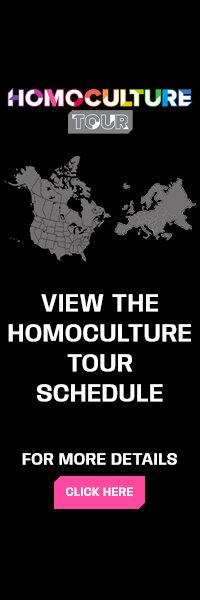

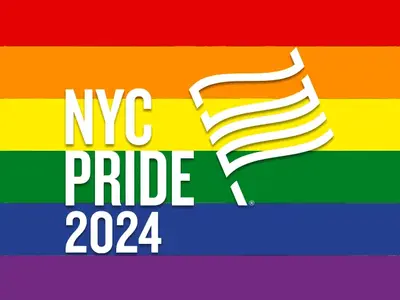
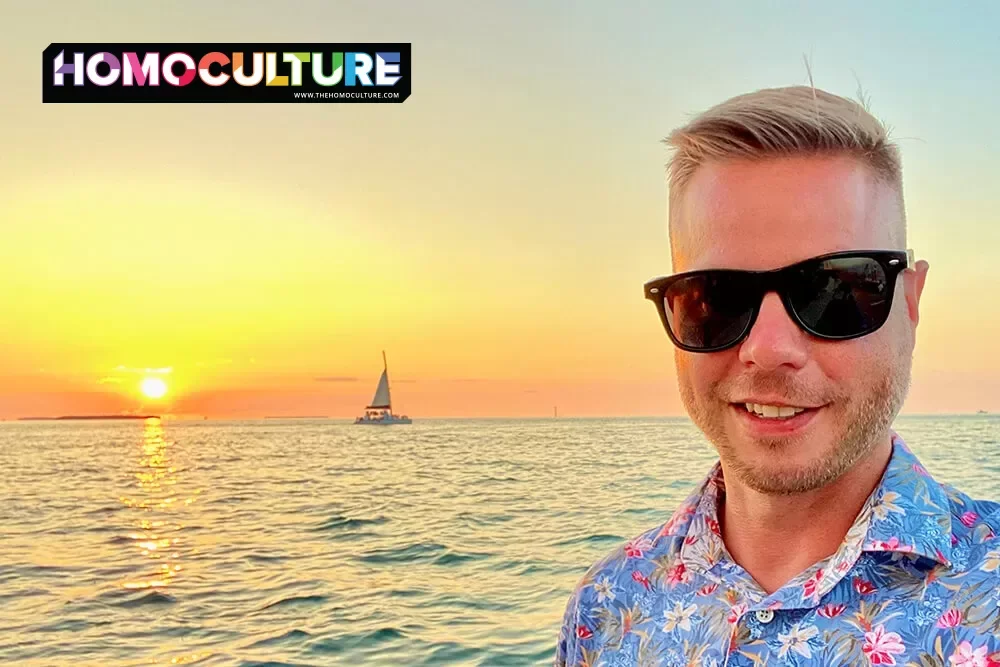

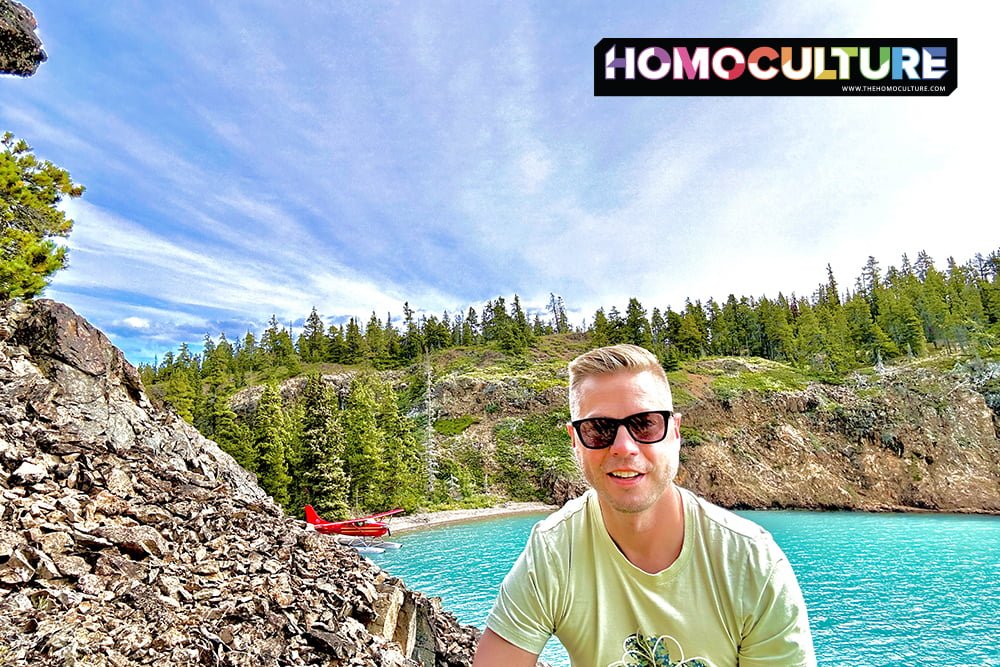
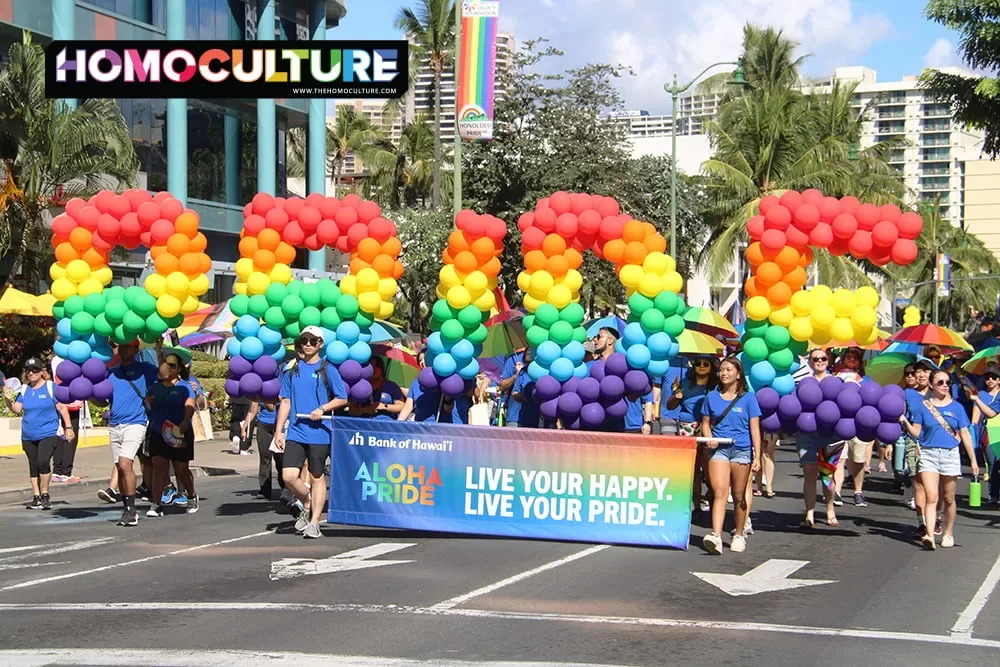
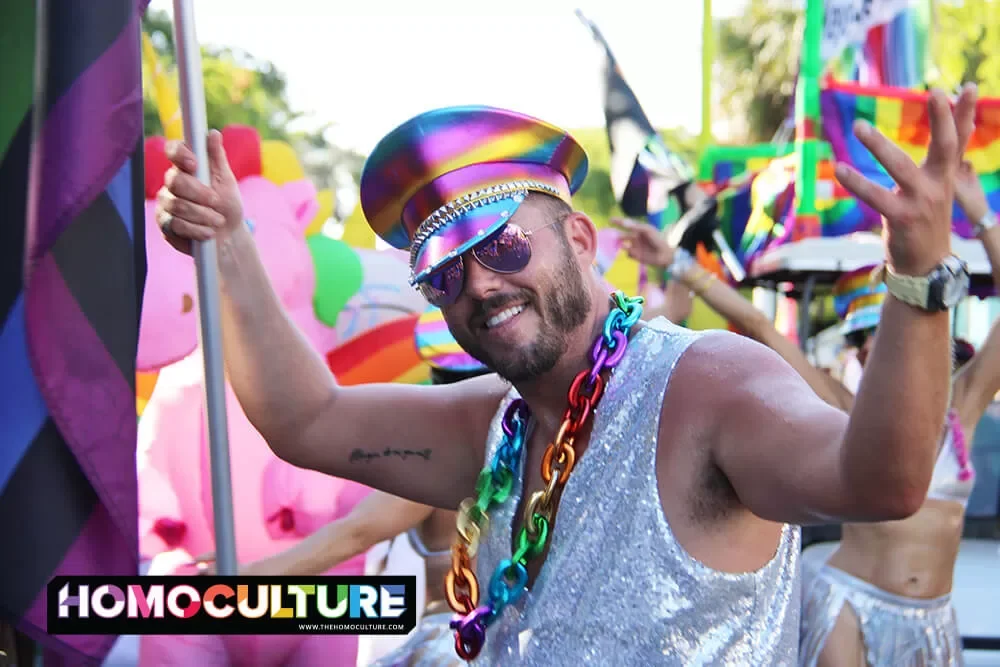

0 Comments